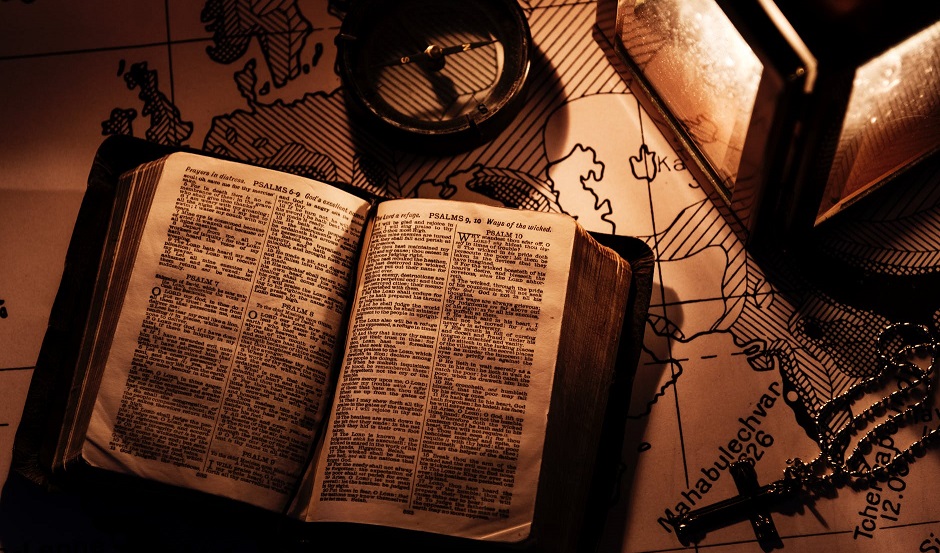
‘Development’ has always been looked upon from a particular lens, focusing on material goods. What about the development of self? Have we missed something far behind in this journey to have it all?
As one reads Amartya Sen’s brilliant book ‘Development as Freedom,’ the otherwise simple terms like freedom, development, and liberation suddenly seem obscure. The book begins with a dialogue between Maitreyi and her husband Yajnavalkya, picked up from Brihadaranyaka Upanishad. The conversation picked up from one of the oldest books in Hinduism, shows Maitreyi enquiring if there is a way to achieve immortality. Is acquiring wealth a path to meet this end? Yajnavalkya, after hearing her patiently, replies, ‘You can have the life of the rich, but not what you are seeking.’ Maitreyi wonders: ‘What is this wealth worth of if it can’t promise immortality?’
Often Maitreyi’s question has been reiterated in Indian philosophy, in one way or the other. But what is interesting is our acknowledgment of the limitations of the mundane world. As a society, throughout history, our attraction towards better social and economic opportunities has been evident. However, this quest necessarily did not overlap with this innate desire of human being to prosper and have a life of value. Wealth is precious when it helps someone take care of his or her needs. But is it worth pursuing if it doesn’t translate into a life of value? Therefore, does the duty of the state end with providing better opportunities for livelihood or it is also its responsibility to create conditions for people to live a meaningful life.
Amartya Sen, in the 1990s, developed United Nation’s Human Development Index, while being at the junction of philosophy and economics. Today, it is the standard tool to measure development, beyond the otherwise typically used indicators like GDP/GNP. However, the fact is, governments across the world are still engrossed in achieving maximum economic growth. Despite the staggering economic growth achieved in the last few decades, governments are still struggling to decipher the dilemma between moral and economic crisis. The bigger question is, has the government ever investigated in finding an overlapping framework between the two? Should we take a step back, and ponder upon the fact that maybe the answer to the most pressing problems existing today, ranging from climate change to global poverty need moral deliberation. Let us go back to the Second World War when in the West, Catholics emphasized on improving the living standards of the poor, rather than merely focusing on the revival of the economy. This was noteworthy, coming from a Capitalist country, where the then President, Harry Truman, called for a new program to tackle poverty, diseases, and hunger. The underlining idea was to focus equally on social advancement whilst promoting economic growth. The challenge, back then and even now is that the State can never be the instrument to bring comfort, moral binding, and optimism to people who are suffering. Wait; can religion be the solution to this?
Religion has always been looked suspiciously by the liberal society and the State. Rightly so, because in recent years, it has only exacerbated, thanks to religious extremism. While the liberals associate religion categorically with terms like archaic, egregious, restrictive and cult-like, the State is wary of faith/religion-based organizations since it has a tendency to proselytize people tarnishing its secular image. A majority, apart from these two categories, believes that modernization (read development means secularization, an ideal no-religion/neutral state. But despite the fact that the liberal class has been endorsing its above-said stand for long, religion is as relevant today, as it was centuries ago. Social reformers in India never reached out to the masses addressing social evils, whilst being a representative of the State. They did so; by associating it with what was ‘right,’ as mentioned in the ancient religious texts whilst being equally vocal about beliefs they didn’t reckon with. It was Raja Ram Mohan Roy’s persistent efforts and his idea of interlinking this practice as a moral vice rather than Lord William Bentick’s govt. order that led to the social acceptability of the abolition of Sati system.
Development of any form also brings change, and religion is what provides a moral base for the society to adapt to it. The foremost purpose of the development of any kind is to contribute to a fulfilling and meaningful life. Aristotle once said, ‘Development simply means expanding freedom for an individual. Freedom to choose better, lives better, and be better. Nothing more, nothing less’. The danger with merely pursuing ‘materialistic development’ without any moral deliberation is the risk to feel disenchanted, as a society. The State must understand that religion doesn’t always categorize the citizens within a single identity but gives them the cushion to coexist with other fellow citizens.
Development, in the true sense, is contemplating the issues holistically and moving beyond the conventional way of only focusing on the ‘economic’ aspect of the problem. Taking forward the argument, should the State include theologists, apart from economists, sociologists, and subject experts? Would that accommodate the ‘moral’ angle of how we understand these critical problems and explore the potential solutions, which are not just ‘economical’ in nature? Yes?
Sanyukta works on Public Policy & Communication Strategy with Chief Minister's Office, Government of Haryana. Earlier she was a research associate with IIM Ahmedabad, Chief Minister's Good Governance Associate and Project Associate - Health and Social Policy, Harvard Project for Asian & International Relations.